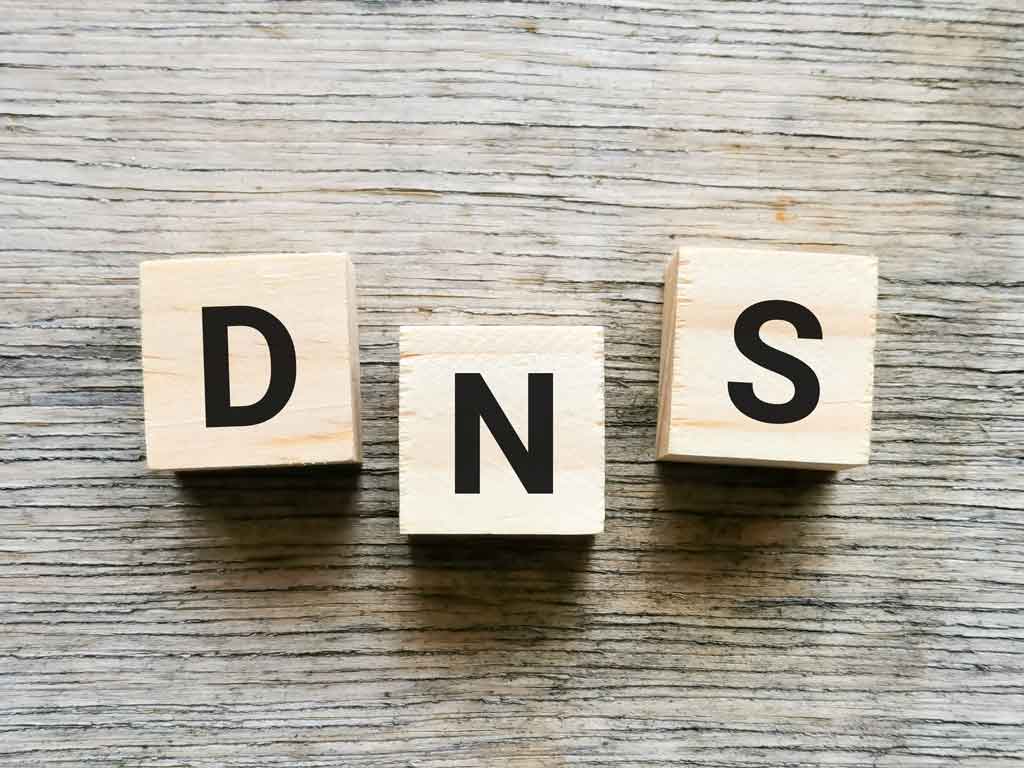The Role of Attestation in Zero Trust

In the ever-evolving landscape of cybersecurity, the concept of attestation within a Zero Trust framework has become increasingly important. Attestation, the process of verifying the identity and integrity of workloads, is particularly vital in cloud-native environments where services are ephemeral. This article delves into the shift from traditional attestation methods to more dynamic approaches, aligning […]
The DoD CIO Zero Trust Strategy

In an era where cybersecurity threats are rapidly evolving, the Department of Defense (DoD) has recognized the need for a paradigm shift in its approach to securing information systems. This recognition has led to the adoption of the Zero Trust framework, as outlined in the DoD CIO Zero Trust strategy. This strategy is not just […]
The Role of DNS in Zero Trust

The Domain Name System (DNS) is a cornerstone in the cybersecurity landscape, often overlooked in discussions about Zero Trust. This article aims to highlight the crucial role of DNS, traditionally associated with mapping domain names to IP addresses, and its significance in establishing digital identities, a key aspect of Zero Trust security. The Intersection of […]
Understanding Federal Zero Trust Requirements

The White House memorandum M-22-09, titled “Moving the U.S. Government Toward Zero Trust Cybersecurity Principles,” marks a significant shift in the federal approach to cybersecurity. By the end of Fiscal Year 2024, federal agencies are required to adhere to a Federal zero trust architecture (ZTA), a move driven by the increasing sophistication of cyber threats. […]
Why Kubernetes for Zero Trust?

The concept of Zero Trust has become a cornerstone in modern cybersecurity, advocating a ‘never trust, always verify’ approach. Traditional IT infrastructures, built on implicit trust and perimeter-based security models, struggle to adapt to this paradigm. In contrast, Kubernetes, a cloud-native orchestration tool, emerges as inherently compatible with Zero Trust principles. This article explores how […]

